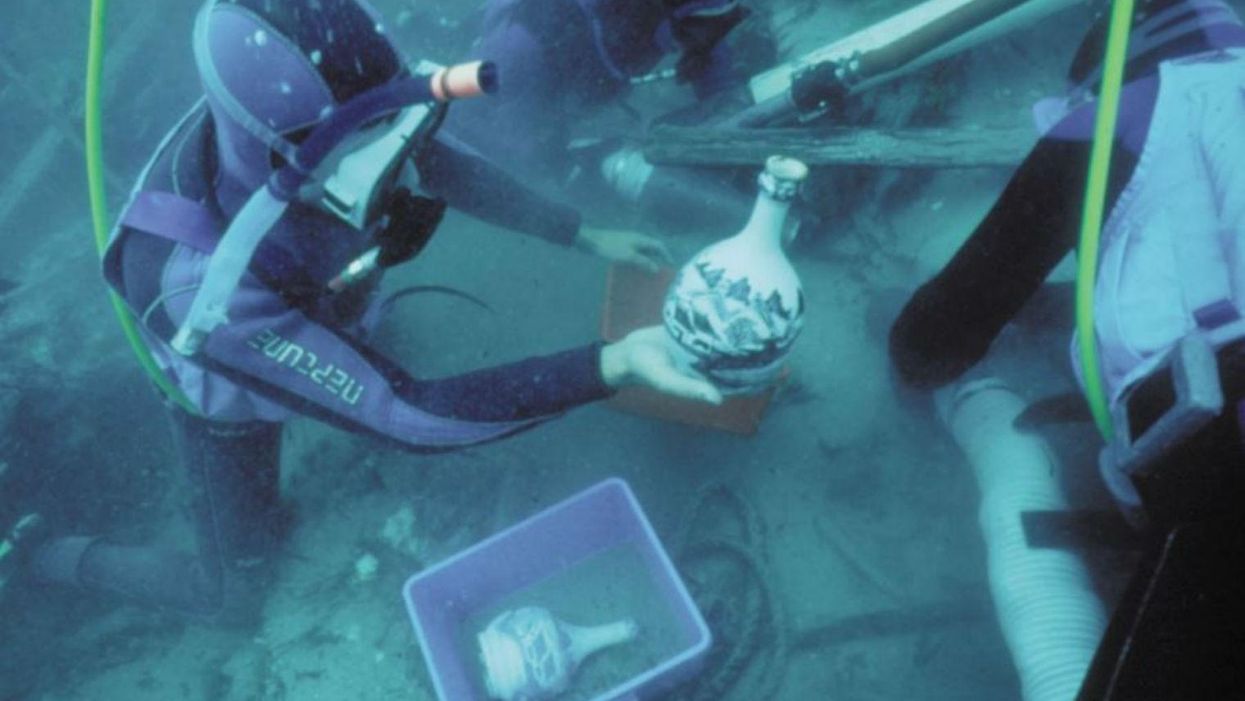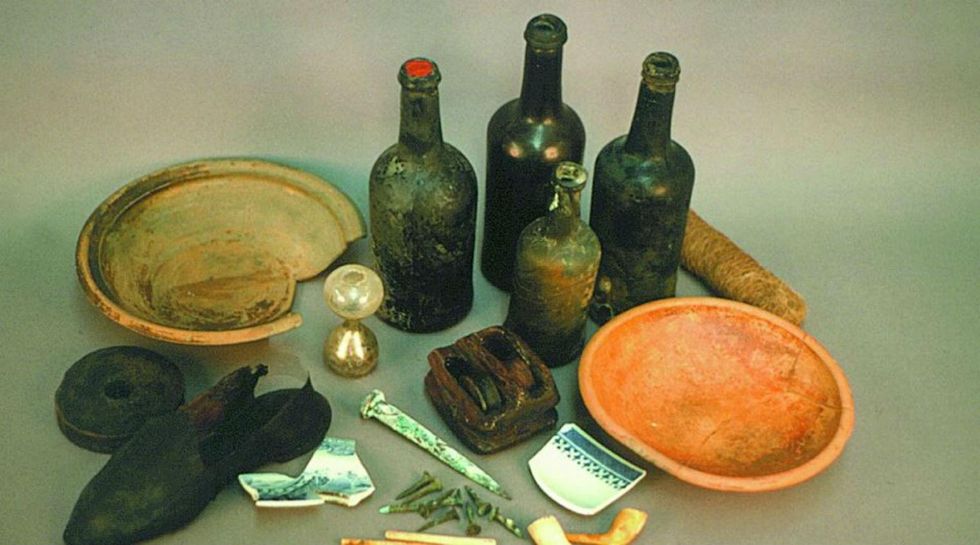News
Josh Barrie
Jun 18, 2016

Australian National Shipwreck Database
In 1797, a trading ship called Sydney Cove sank off the coast of Australia. It was travelling from Calcutta, India, to Sydney.
On board was beer, among other things, and researchers have just managed to recreate that very same brew - what 18th century sailors would've been drinking on the voyage. Before they got drunk and crashed (it was probably the weather).
Named Preservation Ale, it's described as surprisingly "light and fresh". At 220-years-old, it could be the oldest specimen in existence. Modern brewers should take note of the delightful blend.
The tipple was made possible thanks to scientists at Queen Victoria Museum and Art Gallery in Tasmania. They managed to cultivate a live yeast sample taken from a recovered beer bottle that was left intact in the shipwreck.
Sydney Cove had sat undisturbed at the bottom of the ocean for centuries. In the 1990s, divers salvaged various artifacts - one of them being booze.
One of the bottles found on the shipwreck
The sample was enough to produce a beer consistent with what would've been enjoyed at the time. Those lucky enough to try it were literally drinking history.
In a media release entitled the 'World's Oldest Beer', Queen Victoria Museum and Art Gallery Conservator David Thurrowgood said the yeast used is an "unusual three-way hybrid with links to bakers, brewers and wine".
He says:
Possibly the wreck has now also given us the world's only known pre-industrial revolution brewing yeast.
And there's more exciting news. Museum and art gallery director Richard Mulvaney mentions plans to craft more Preservation Ale.
We will also study the wine and spirits from the cargo, possibly enabling recreating other historic brews.
The bottles also enable study of historic red wine molecules to see if they are different to modern red wine and its reported health benefits, and to study other possible dietary micro-organisms from 220 years ago.
Chin chin!
More: Polish badger drinks seven beers, passes out on beach, sleeps for two days
Top 100
The Conversation (0)














